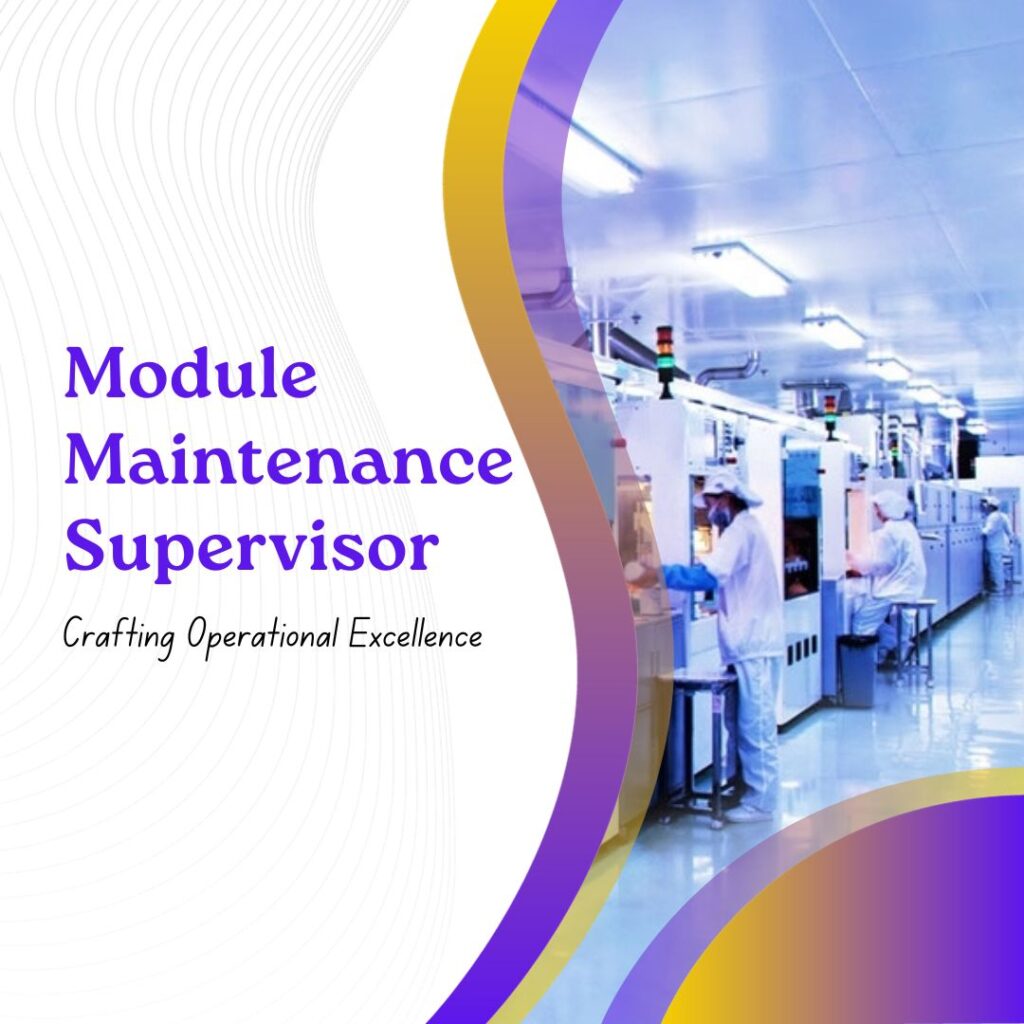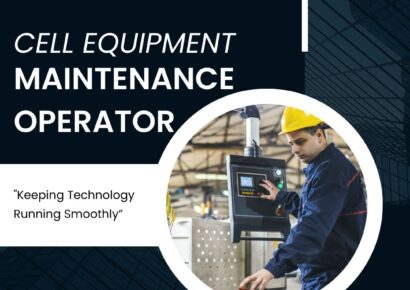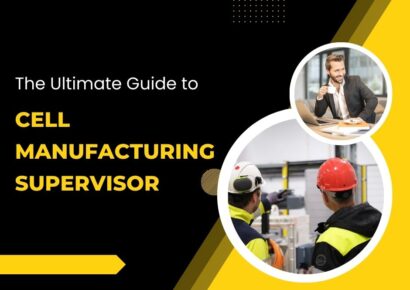Currently Empty: ₹0.00
About Course
A Maintenance Supervisor in a module line oversees the upkeep and repair of equipment and machinery to ensure uninterrupted production. They are responsible for planning and scheduling maintenance activities, including routine checks and preventative maintenance, to minimize downtime. The supervisor manages a team of maintenance technicians, assigns tasks, and ensures compliance with safety and quality standards. They also maintain records, monitor equipment performance, and make recommendations for equipment upgrades or replacements. The role of a Maintenance Supervisor is essential for optimizing production efficiency and maintaining a safe and reliable manufacturing environment in the module line.
Course Content
Basics to PV Modules
-
Introduction and Training of Photovoltaic Module Raw Materials
49:24 -
Basic Introduction to Photovoltaic Module
53:25 -
Introduction to Efficient Module Technology
42:38 -
Process Flow Introduction
19:45
Equipment Trainings
Utilities
6s Occupational Health, Safety, and Environment (OHSE)
Tags








